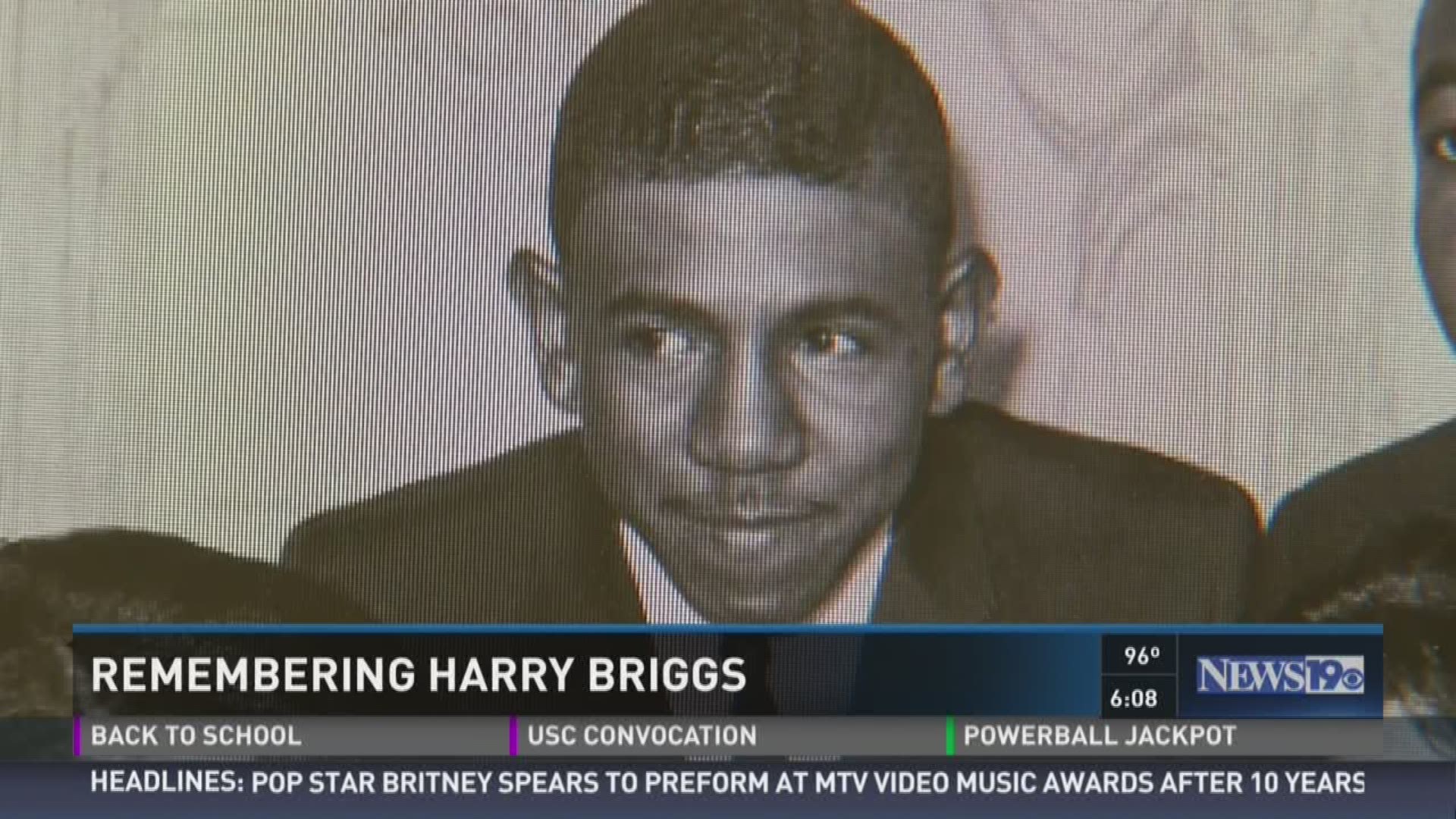MANNING, S.C. (WSPA) – Harry Briggs Jr. may not be a household name, but the South Carolina native was one of the pioneers who brought an end to segregated schools in the United States. He died August 9th in New York and his funeral will be Friday in Manning, S.C., where he became part of the desegregation lawsuit known as Briggs v. Elliott. That lawsuit later became part of Brown v. Board of Education, in which the U.S. Supreme Court outlawed “separate but equal” schools.
"The Bible says about a child shall lead,” says Nate Briggs, his brother. “So here's this young Harry Briggs Jr., with his name out front almost leading the integration of America, and it tells me a lot about the character of my brother."
Briggs and his parents, Harry and Eliza, were the first three people to sign the petition seeking equal treatment for black students, so the suit became known as Briggs v. Elliott, with the chairman of the local school district being the defendant.
The case started in the late 1940s with parents of black children asking the local school district for a school bus, since some black children had to walk as much as nine miles to get to school. The district denied their request.
Helen Mack-Briggs, Harry Jr.’s widow, says, "And then the white kids, I was told, on the school buses as they pass, they would throw things at the black children walking to school and, you know, shout out racial names to them and what have you."
Since they couldn’t get transportation, local parents then decided to sue to end segregation completely. They filed Briggs v. Elliott in 1950.
Nate Briggs says, "I think my parents didn't expect when they signed on the line the retribution that they would have received.” Both parents were fired from their jobs. Harry Senior went to Miami and worked for several years, sending money back to his family, but then the entire family moved to New York City.
"Harry Junior never experienced this integrated school system. He always went to a segregated school,” Nate says. “So he did a lot to help other folks be involved with education and to get a great education, so I think with that he felt good."
He and Helen say Harry Jr. didn’t seek attention for what he had done. Nate thinks there should be a statue of his brother in Manning, or an academy named after him, for standing up to the powerful and winning.
Helen says she hopes her husband’s legacy will be helping children value the opportunities they now have because of others.
"You can go places in life, as far as you want to go, even though you have to struggle,” she says. “It's not going to be very easy, but if you keep on pushing, climbing, and education is the key, ‘cause through education you can accomplish almost anything. And they need to know that."

